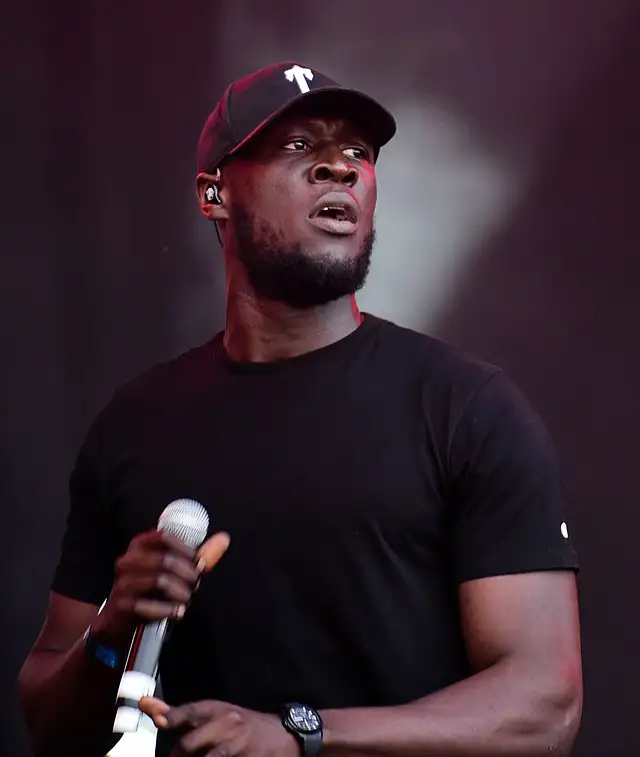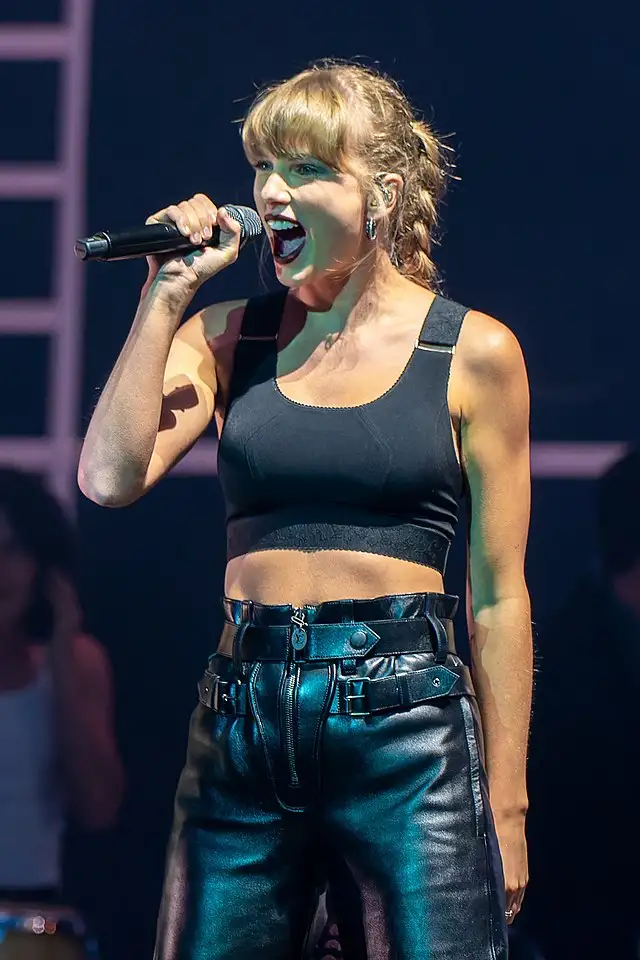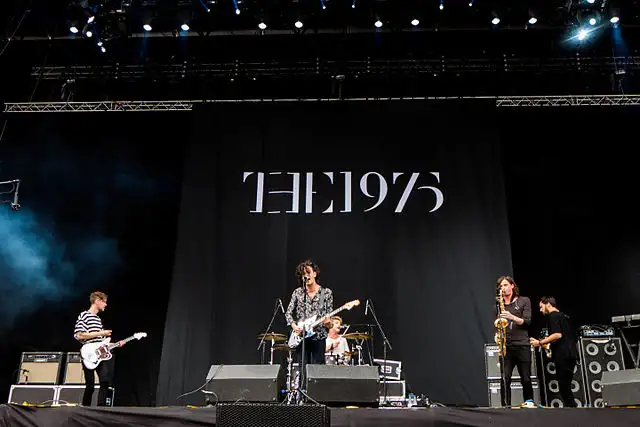Are Indie Artists Truly Independent?
Your favorite indie artist blows up out of nowhere & it makes you wonder who's behind them.
In a world dominated by deep-pocketed record labels, indie artists are the heroes, the mavericks who choose to go it alone. While signed artists get to work in fully equipped studios with shiny technology, indie artists have to find a way to record by themselves.
While signed artists have their music promoted by record labels, indie artists must do the legwork themselves. Of course, indie artists get 100% ownership of their music and any royalties it accrues, but how much can they make all alone? This all points to one conclusion: indie artists have to make it alone and owe their success to no one. But is that completely true?
There have been whispers around for a while and they're starting to get louder. These whispers claim that some indie artists are getting secret sponsorship from record labels and only pose as indie artists. This casts a shadow of doubt over some of our favorite indie inspirations and might change our definition of the term "indie". In this article, I'll try to explain exactly what's going on and what it means for indie music. Walk with me.
Blurred Lines
The usual narrative is that signing with a label gets you success quickly but you won't have creative freedom or own your music. On the flip side, indie music is not as profitable as signing with a label at first but you own everything and will reap the benefits later on. I have also said something along these lines before, and it's true, but that's not the full story. More and more, the music industry is shifting from an "indie artists vs major labels" dynamic to something much more fluid.
Major labels indeed have a hand in the success of some of our favorite indie artists. That they're not signed to the labels doesn't necessarily mean they don't get any help. Also, the fact that an indie artist isn't signed to a major label doesn't mean they're actually independent. Here's a question for you.
Artist A has signed a deal with a major label but continues to own all his music and have creative freedom. On the flip side, artist B works with an indie label but has neither creative freedom nor full ownership of their music. Between these two artists, who really is the independent one?
Another new factor to consider is that signing a deal with a record label doesn't always mean the complete deal. You can sign specific deals with major labels. There are distribution deals, for example. Such a deal covers only distribution once the music is ready for release.
The artist will own the music but share the revenue with the label. So you can find some artists who are listed as indie and have affiliations to a major label. Does it make them any less indie?
I can't answer that for you, but I can say this much. The lines are blurred, it's no longer black and white. And to prove that, here are some artist examples for you.
Examples
Stormzy

If you love grime, you know Stormzy. He has been hailed as one of the biggest indie successes of our time, but his Merky imprint was in partnership with Atlantic Records. Of course, he isn't signed to them, but he remains affiliated. So is he truly an indie artist?
Dave

In 2019, Dave's album, Psychodrama, won the award for Best Independent Album at the AIM Independent Music Awards. I love that album and still listen to it even in 2023. That said, it will interest you to know that this album is distributed exclusively by Universal Music.
They don't own the album, and neither do they own any of his other music. In fact, this was a deal negotiated specifically for the album, not all of his music. That said, it remains affiliated with a major label. So he may not be signed, but he's had help.
Taylor Swift

For over a decade, Taylor Swift has remained in the top echelons of talent and dominance in the music world. When she burst onto the scene, she was the perfect example of how a record deal can propel an artist to the very top. Recently, however, Taylor Swift has decided to go independent. Not only that, she has gone through the effort of rerecording her albums to ensure she owns her music. Yet, she maintains a distribution deal with a major label.
Kanye West

You must be living under a rock if you haven't seen any of the controversy around Kanye West in recent times. Let's ignore all that drama and focus on his music. Kanye West now owns his label, but does he qualify to be called an indie artist? After all, he's a billionaire, he has his own deep pockets.
This is another bone of contention. Some indie artists aren't struggling to make ends meet and find an audience at the same time. Some of them are well funded, either by themselves or by a big "indie" label. So what are the criteria for being an indie artist these days? Simply not being signed to the major labels? I'm not sure that's an accurate way to look at it anymore.
The 1975

Universally recognized and accepted as one of the pioneers of indie music, the 1975 have been separated for years now. Imagine my surprise when I found out that their indie label, Diary Hits, has a distribution deal with INgrooves which is owned by Universal Music.
So they didn't answer to Universal, but they had a deal in place for the distribution of their music.
What does it mean to be independent in today's music industry?
By now, you understand that the definition of the term "indie" has changed in today's music world. So what does it now mean to be an indie artist?
One of the most universally accepted answers is that an indie artist owns all their music and has complete creative freedom to operate as they please. So if you can make whatever kind of music you want and own it all, you can consider yourself independent. This definition means indie music is much bigger than we previously imagined.
Final Thoughts
I have previously said that record labels are slowly losing their dominance of the music industry to indie artists, and this discovery further reinforces that. If artists set out to own their music and have creative independence, and even big names like Taylor Swift and Kanye West are already advocates of this, then the labels will continue to lose power. They'll go from being the true owners of the music industry to being partners of the artists.
So whether signed or unsigned, the goal should be to own your music and retain creative independence. Ultimately, it's a step in the right direction for music, that power is taken from the corporate lords and given to the artists.
Images provided by https://commons.wikimedia.org
Blog Article Tags
indie industry artists independent research record labelMore Articles
Where To Find Good Indie Music - If you're a long time fan or first time listener of Indie music, we'll show you the best methods for discovering the music you love.
How To Build an Indie Artist Business Plan - Crafting the perfect business plan can help you establish clear goals.
The Role of Visual Art in Indie Music: From Album to Videos - The role of visual art in shaping the expression and creativity of indie artist.
The Short List of Gospel Singers to Know - Discover the most influential gospel artists of all time.
The role of a music publicist: An inside look - Publicists are an essential part of an artist's team to build relationships & drive success.


